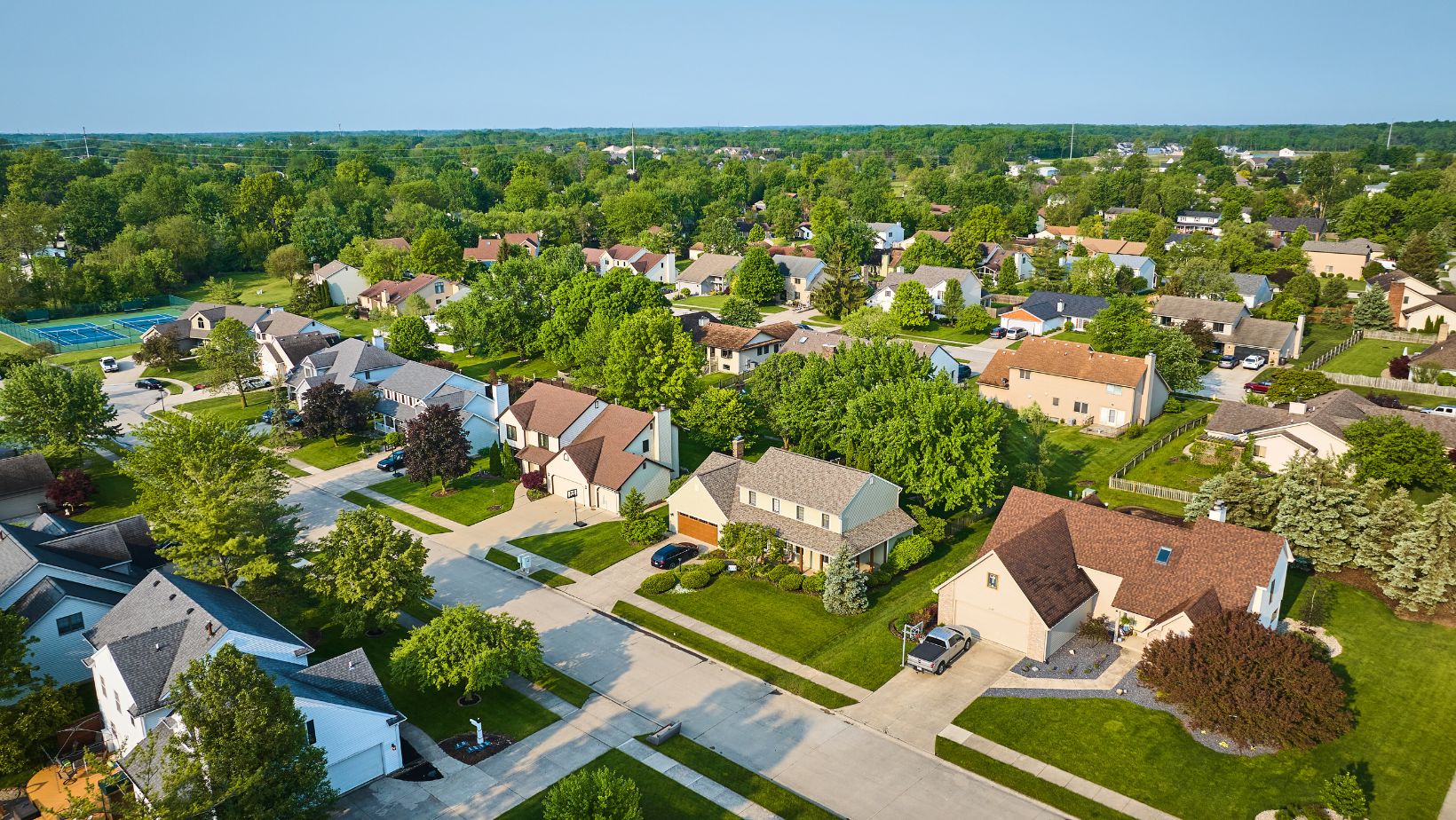Housing stabilization is a critical component in supporting individuals with special needs. By ensuring secure and stable living conditions, communities can foster greater independence and quality of life for their residents. Understanding how housing impacts these individuals is essential for creating supportive environments.
When considering the importance of housing stabilization, it becomes evident that it plays a pivotal role in the well-being of individuals with special needs. Providing a stable home environment can significantly improve their daily lives and overall health. To gather information on housing services in Minnesota, click for details and learn more. This article will delve into why housing stabilization is crucial and how it can support communities with special needs.
The Importance of Stable Housing
Stable housing provides a foundation for individuals with special needs to thrive. With a secure home, they have the opportunity to build routines and develop life skills that enhance their independence. For those with physical disabilities or mental health challenges, the constancy of a consistent living space is paramount to their daily functioning.
Moreover, stable housing can reduce stress and anxiety, which are often exacerbated by uncertainty and frequent relocations. Having a permanent residence allows individuals to access local services more consistently, leading to better health outcomes and social integration. Therefore, the relevance of stable housing extends beyond mere shelter; it is about creating an environment where individuals can grow and prosper.
Furthermore, stable housing contributes significantly to improved mental health outcomes for individuals with special needs. The security of a permanent home can alleviate symptoms of anxiety and depression, which are often prevalent in this population. A stable living environment provides a sense of control and predictability, essential elements for managing various mental health conditions. This stability allows individuals to focus on personal growth, therapy and developing coping mechanisms, rather than constantly worrying about their living situation. As a result, stable housing becomes a cornerstone of comprehensive mental health care and overall well-being for those with special needs.
The Role of Community Support
Community support plays an indispensable role in housing stabilization efforts. Local organizations and government agencies often collaborate to provide resources that enable individuals with special needs to live independently.

These resources may include financial assistance, accessible housing modifications and supportive services such as therapy and counseling. In many cases, community initiatives are structured to ensure that residents have access to essential services close to home, including healthcare, education and employment opportunities.
Why It Matters for Families
For families of individuals with special needs, stable housing offers peace of mind. Knowing that their loved ones have a safe place to call home allows family members to focus on other important aspects of care and support. It alleviates the burden of constantly searching for new accommodations or worrying about potential evictions.
Furthermore, families often become more engaged in their communities when they have stable housing arrangements. This engagement can lead to stronger social networks and increased advocacy for policies that benefit all residents. The collective effort helps create inclusive neighborhoods where everyone has the opportunity to succeed.
The Future of Housing Stabilization
The future of housing stabilization for communities with special needs looks promising as awareness grows about its significance.

More stakeholders are recognizing the need for comprehensive policies that address the unique challenges faced by these populations. Governments, non-profits and private sectors are increasingly working together to develop innovative solutions that ensure sustainable housing.
Summing Up
As we move forward, it’s crucial to continue advocating for inclusive housing policies that accommodate diverse needs. By fostering collaboration among various sectors and prioritizing the voices of those affected, we can create environments where everyone has the chance to live a fulfilling life. Investing in stable housing is not just about providing shelter; it’s about building stronger, more resilient communities for all.



